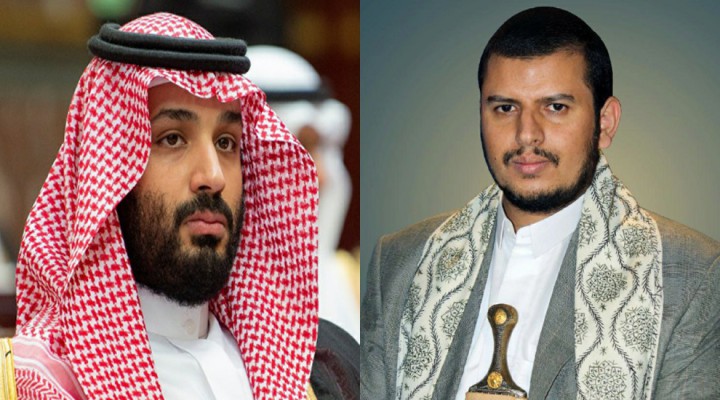End in sight to the Yemen war?

Reported ‘understandings’ between Riyadh and Sanaa could mark a turning-point
If reports that Saudi Arabia has decided to end the war in Yemen are correct — and they would appear to be given the Saudi-Iranian rapprochement — that would mark a major turning-point in the region. Relations between the two biggest countries in the Arabian Peninsula, Saudi Arabia and Yemen, could be set to move from confrontation to cooperation, closing the page on conflict between them for decades to come.
The al-Mayadeen television channel, which is close to the Houthi Ansarullah movement, quoted Yemeni sources as saying that Saudi Defence Minister Prince Khaled Bin-Salman — effectively the country’s deputy crown prince who has charge of the Yemen dossier — invited the head of the Yemeni Presidential Council and several of its members to a meeting in Riyadh to brief them on ‘understandings’ reached with the Sanaa government about extending the year-old cease-fire, easing the blockade, and proposed solutions to the Yemeni crisis.
The Saudi leadership appreciates that the human and material losses of this war, now into its ninth year, have drained all the participants. It cannot be resolved by military means and the shortest route to ending it is dialogue and negotiation between all sides. This has indeed been happening under the table, initially via mediators and later directly.
In a carefully considered political volte-face, the Saudi leadership made three strategic moves that surprised everyone both in the region and internationally.
First, gradually disengaging from the United States after its failure to provide Saudi Arabia with ‘protection’ and its withdrawal of air defence missiles (Patriots and THAADS) from its bases there at a particularly sensitive time. This was part of the US ’tilt’ towards the east and north to confront, respectively, China and Russia, the leaders of the new world order.
Secondly, opening talks with its adversary Iran, the Ansarullah movement’s biggest backer. These began in secret, were later made public (in Baghdad and Muscat), and culminated under Chinese sponsorship in the signing of a historic agreement in Beijing in the presence of President Xi Jinping. This provided, among other things, for the exchange of ambassadors and ending interference in internal affairs.
Third, as a ‘smart’ prelude to a comprehensive settlement to the Yemen war, Saudi Arabia arranged a series of partial and renewable truces. These succeeded in easing tensions and hostility and demonstrating the attractions of ceasefires, especially as they were accompanied by important concessions affecting the Yemeni people’s daily lives — such as increasing the number of flights allowed at Sanaa airport, easing the blockade of the port of Hodeida, and paying public employees a significant proportion of their salaries.
The outlines of a final settlement to the Yemeni crisis which may have been agreed in the Saudi-Yemeni talks are still being kept under wraps. There is talk that the next step may be an inter-Yemeni reconciliation, in the form of a broad meeting to be held in Riyadh in the next few weeks or months, where the main features of a power-sharing arrangement would be presented.
Some parties will certainly be disadvantaged by Saudi Arabia’s understandings with the Sanaa government and will try to sabotage them. That is only to be expected. But the peace train has embarked at high speed and it will be hard to spoke its wheels, because the alternatives would be terrifying, and unacceptable to most, if not all, the Yemeni people.
https://www.raialyoum.com/end-in-sight-to-the-yemen-war/
 TheAltWorld
TheAltWorld 
0 thoughts on “End in sight to the Yemen war?”